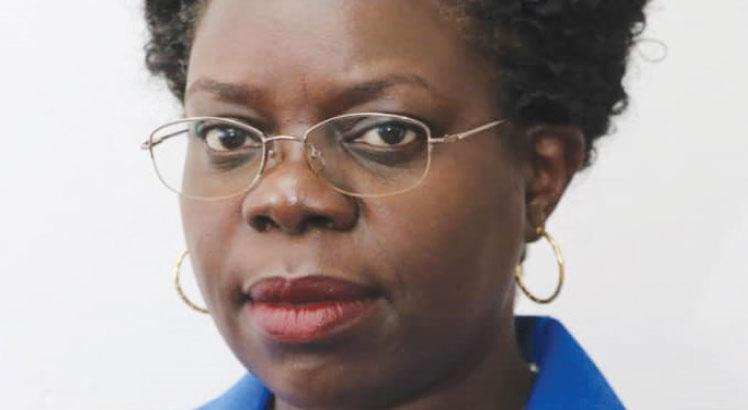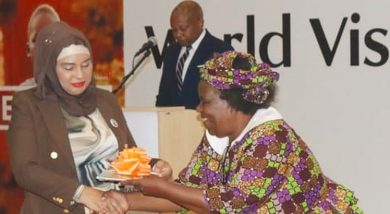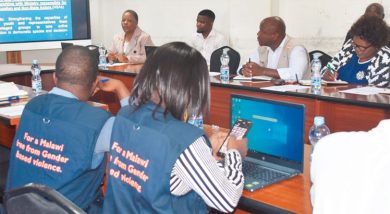AIP farmers down to 2.5m
Former Ministry of Agriculture principal secretary (PS) Sandram Maweru has said government has trimmed the number of beneficiaries for this year’s Affordable Inputs Programme (AIP) from 3.7 million to 2.5 million.
During his appearance on Wednesday before the joint parliamentary committee looking into issues of misprocurement and mismanagement of public resources in Lilongwe, the sacked PS said the money allocated towards fertiliser purchases has also been cut to K97.5 billion from K109 billion.

Maweru said the balance is expected to cover logistics as well as purchases of seed and livestock.
He said: “The fertiliser purchases for this year have been a nightmare. First, the appropriated budget of K97.5 billion with the global prices of fertiliser could not attain and sustain the required number of beneficiaries that the ministry was guided.
“The ministry was guided to target 2.5 million beneficiaries against K97.5 billion.”
Maweru said out of the K97.5 billion allocation, K29 billion has been spent on 31 500 metric tonnes (MT) of fertiliser. In fact fertiliser cost K25 billion and logistics consumed K4 billion.
He said the remaining allocation for fertiliser purchases is intact.
Maweru cited shortage of foreign exchange as a challenge in the fertiliser purchases.
“To source forex for the 31 500MT valued at K25 billion, it took about one month,” he said.
The inquiry comes against a background of a K750 million botched fertiliser import deal that forced President Lazarus Chakwera to fire minister of Agriculture Lobin Lowe and his deputy Madalitso Kambauwa Wirima for failing to provide leadership. Maweru also faced the music as his contract was terminated.
On Wednesday, he also told the committee that the United Kingdom-based company Baarkat Foods Limited, which was paid K750 million for the fertiliser deal that went sour, was introduced to Ministry of Agriculture by Sheba Oil Gas and Energy Limited.
When asked about the credentials or identities of the directors of Sheba Oil Gas and Energy Limited, he produced a letter from the company that was signed by one Moses Khombe.
Taking his turn, Ministry of Agriculture AIP coordinator Justice Kagona also told the committee that this year ’s programme will target 2.5 million beneficiaries.
He said the remaining farmers will be supported through other initiatives such as social cash transfer and the Agricultural Commercialisation Programme.
In his remarks, the joint committee’s co-chairperson Sameer Suleman cast doubt that 2.5 million people will be reached with AIP fertiliser.
He blamed the Ministry of Agriculture for delays in procurement of fertiliser, saying if the fertiliser was procured at a time the country would have had enough quantities.
Said Suleman: “If we can be serious and reach out to these 2.5 million people it will make a difference. Our concern is, are we going to reach 2.5 million people looking at the time and availability of fertiliser on the ground?
“In the past six months, fertiliser prices have gone up by K97.5 billion would not be enough unless we reduce the figure.” 100 percent.
Earlier on Wednesday, the committee did not meet some of the people lined up for interviews purportedly due to some members perceived view that the inquiry was targeting to corner some public officers.
Initially sold during the campaign as universal subsidy by the Tonse Alliance during the campaign for the court-sanctioned Fresh Presidential Election held on June 23 2020, the AIP turned out to be a near five-fold expansion of the Farm Inputs Subsidy Programme implemented by the Democratic Progressive Party administration that targeted 900 000 farming families for less than K30 billion per year. On the other hand, AIP targeted 4.2 million households for K158.3 billion before the number of beneficiaries was trimmed to around 3.6 million in the inaugural year.






One Comment